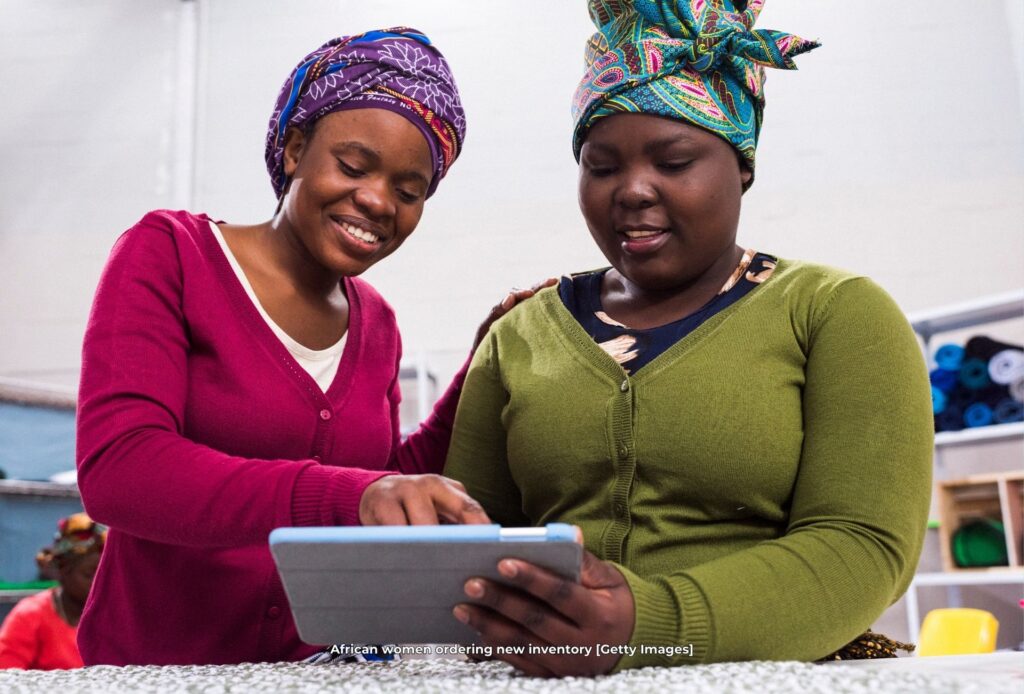Kuvuwula: Community Asset Building Through Giving in Malawi

Credit: ©Getty Images via Canva.com
| Giver: | Individual |
|---|---|
| Receiver: | Individual or unstructured/informal group |
| Gift: | Other |
| Approach: | Philanthropy |
| Issues: | 1. No Poverty, 10. Reduced Inequalities, 2. Zero Hunger |
| Included in: | African Philanthropy Narratives |
A society’s culture influences its economic ideology and in turn economic ideology influences how people act and react to situations of others. Many African cultures are premised on harmony and cooperation, and giving is a foundational element in both culture and religion. Expressions such as ‘mwana wa mzako ndi wako yemwe ukachenjera manja udya naye’ (someone’s child is your child also, if you help him or her, they will support you) describe a social obligation to help, in anticipation that the child helped now will help others later. A popular song by Lucky Dube is titled, ‘The hand that gives’ and echoes the biblical text which says ‘it is more blessed to give than to receive’ (Acts 20: verse 35).
One important function of African giving is asset building. One particular form of asset-building philanthropy practised in Malawi is called kuvuwula or kuyikiriza in Chichewa, (also called kulanga in Yao, kupazga in Tumbuka, kusungisya in Lambia, kuteyesa or kutambirizana in Sena and kufufya in Kiyangonde). In this practice, a person with livestock (cattle, goat, pig, sheep, chicken, ducks etc.) gives another person the opportunity and responsibility of rearing one or some of the livestock until such time as the livestock has two or more offspring. Once an agreed upon number of offspring are present, the original owner (the giver) takes back the original herd of livestock and some offspring and leaves one offspring behind (with the recipient). In that way, someone who did not have and could not afford to purchase livestock, is now provided with an asset base that can provide different yields.
The practice is arranged on a person-to-person basis, and often is premised on existing friendship or relationship. No third party is involved as a facilitator. The length of kuvuwula varies depending on the type of livestock and the period it takes to give offspring twice or more. The determining factor is that the provider of livestock must take back the original herd and some offspring (return to investment) while the one who has been rearing must be left with an offspring.
In a context where the cost of purchasing livestock, especially cattle, is substantial, this practice allows for those who have productive assets to support and assist those without. Eventually, more people own livestock in the community. In turn, the livestock provider earns social respect. The practice harnesses social cohesion, enabling a form of collective ownership of livestock as assets for the community, rather than for an individual, because everyone has prospects of benefiting at some point in time should they express interest to kuvuwula. The practice takes place in all communities in Malawi with varied degrees. This practice has also been adopted by non-governmental organisations that facilitate livestock pass on programmes to empower communities.
The practice is, however, becoming less common. Anecdotal evidence suggests that changing economic landscape is influencing changes in giving practices. From a culture that placed more value on social cohesion and solidarity, factors like economic liberalisation, individualism, internal family focus and other factors have gradually and steadily had some effect on the ways in which solidarity in society is being reflected.
Contributor: Milward Tobias
| Source type | Full citation | Link (DOI or URL) |
|---|---|---|
| Private Communication |
Private communication |
- |